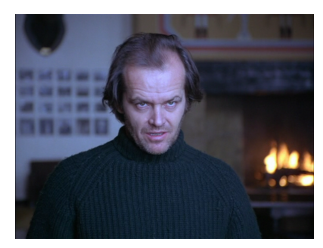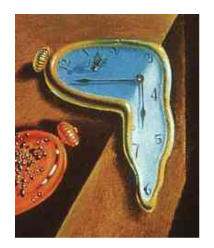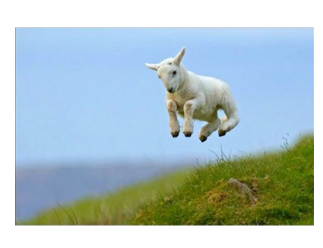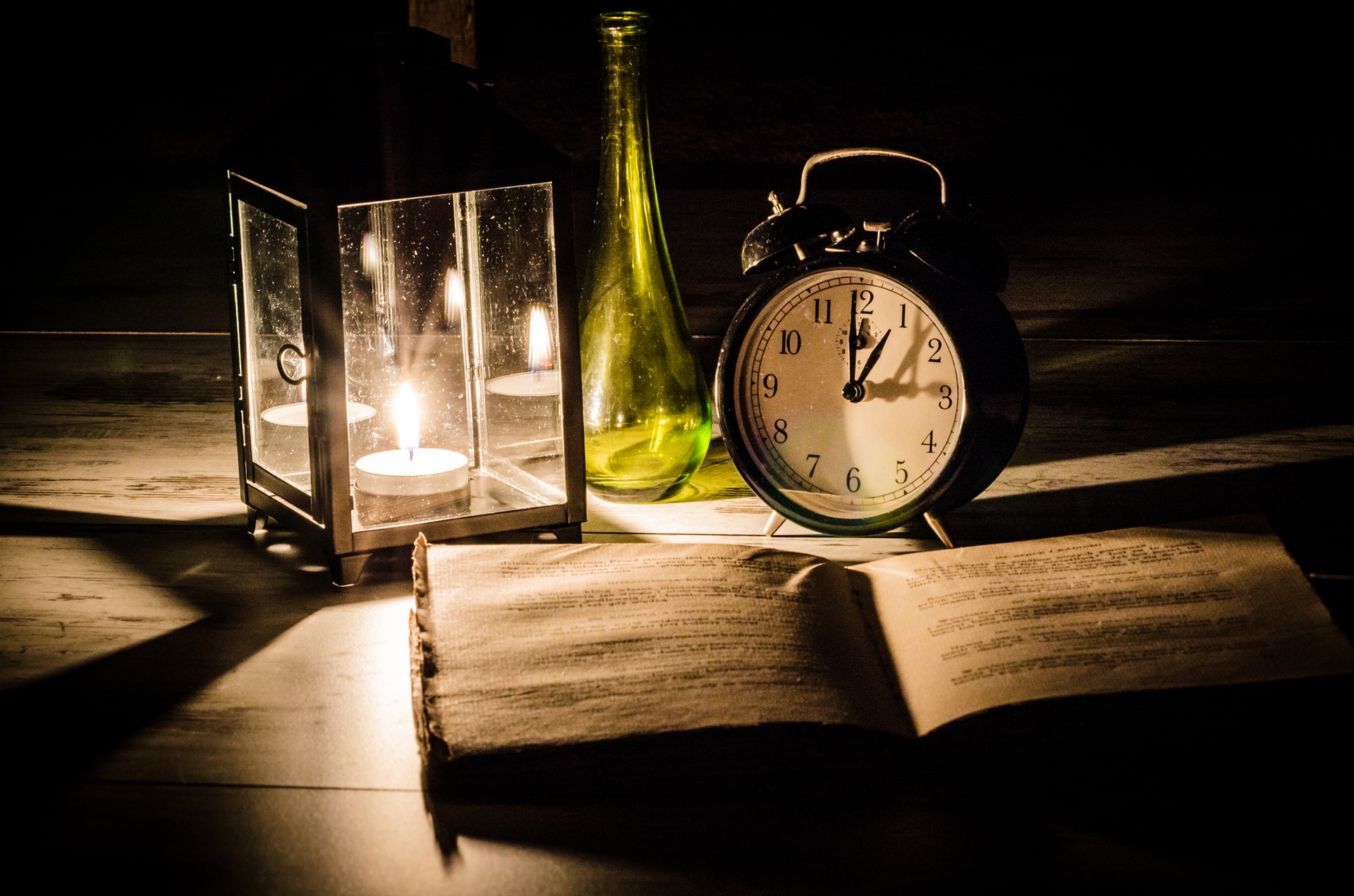Like most writers, we all have day jobs here at The Editorial Department. We’re fortunate that our everyday activities are centered around writing and helping other writers get their books into print but we know how hard it can be to make the time to write. We also know how important it is make time for writing and make the most of the time you set aside.
Find your groove
Everyone has their own ingredients for creativity. Think about the times when you get the most writing done and what the conditions were. Was it in a coffee shop, surrounded by bustle and ambient noise? Were you alone in a light-filled room in the morning, before anyone else was awake? Try to figure out the best circumstances for your personal times of greatest productivity and make a routine out of it. Lots of creative types agree.
Like a rock diva, I have my “backstage demands” list before I can perform i.e. write a chapter:
- I prefer to write at the end of the day, so I don’t feel the weight of unfinished tasks over my head.
- I prefer wearing long sleeves.
- I type better when my nails are done.
- I like it when it’s dark outside and everyone else is falling asleep; I get a creative jolt around 11 pm.
- I can’t be interrupted; in my house, I put a tassle on the doorknob which means “do not disturb—creativity in progress!”
- I have to be at a desktop computer, not a laptop, with internet access for quick searches for random facts.
- I like to have something to drink, water or wine or a cup of hot tea.
- Music. I listen to classical or electronica or a Pandora playlist attuned to the era or mood of my story.
- There has to be a bowl of M&M’s with all the brown ones removed. (Just kidding—I’m not Van Halen.)
That’s my groove, and with those elements in place, I find myself getting in the zone for writing.
Be alone
And by alone, I mean with your thoughts. If you’re writing at the coffee shop or the library, try using earphones (even if you’re not listening to music) to stop people from interrupting you. At home, try to write when everyone else is asleep or at work/school, or have a door that closes, preferably with a lock. If you have children, work around their school or activity schedule. Characters clamor for your attention in the story—it’s too hard to deal with the demands of real people at the same time.
 Interruptions can be so frustrating to the creative process.
Interruptions can be so frustrating to the creative process.
Virginia Woolf said that all a woman needs in order to write fiction is “money and a room of her own.” (I think this applies to men, too.) The day job takes care of money. It’s up to you to carve out your space as well as your time.
Consider the time it takes to write a page
Most of us can’t sit down and pick up right where we left off. It takes me about thirty minutes to read over what I wrote before, consider what happens next, take stock of where I am in the overall story, check my email and Facebook a couple of unnecessary times, eat a snack, and then finally start producing meaningful sentences. Some writers might take less time and others more, but if you pay attention to this “warm-up/procrastination” phase, it’ll make the workout go easier.
For instance, if you’re allowing an hour a day for writing but it takes half that time just to get back into your story, that’s not a wise use of time. It would be a better idea to try to block off several hours just a few times a week rather than forcing a mere half hour a day. I follow the 3/4 rule: I don’t start a writing session unless I can commit at least three-fourths of that time to actual writing of words.
The dreaded time management
 Scheduling time for writing is a good idea in theory. If you thrive on organization, adding daily writing hours in your planner can be a feasible way to make sure you’re at that computer, hands on keyboard, doing the work that leads to a book.
Scheduling time for writing is a good idea in theory. If you thrive on organization, adding daily writing hours in your planner can be a feasible way to make sure you’re at that computer, hands on keyboard, doing the work that leads to a book.
But then there are those writers—like me—who don’t always feel it when the calendar says its time to write. I’ve tried to schedule my writing the same way I schedule hair appointments, and half the time I sit down and it just doesn’t happen. Then comes the guilt spiral: my inner self berates me for not writing when I should be, for wasting the hours that I specifically set aside, and then I start feeling like I’ve fallen behind somehow and can’t possibly catch up.
That’s not much fun, so I stopped feeling guilty about not writing during a specific hour and instead started managing my time better to create the conditions for my groove to happen. And that’s the kind of time management I’m talking about: schedule writing if you must, but if that doesn’t work for you, there are still ways to be disciplined. Organize your schedule around your “writing zone” requirements.
For me, this means keeping my evenings open past dinnertime, finishing chores and errands early enough in the day so that they don’t nudge into creative time, and—like a diet—allowing myself one or two nights a week “off.” Does this mean I write all the other nights of the week? No, but I do more often than not, and it’s because I want to write, not because I have to.
Don’t overdose
The creative rush of telling a story is as addicting as any drug. And like drugs, too much all at once can be harmful.
Stephen King talks about this in his marvelous, highly-recommended book On Writing. King recommends 2000 words per day, which was possibly the best piece of writing advice I ever received. It taught me to set an attainable, productive goal, but also lets me know when I can stop. Every once in awhile I have a 4000-word day (and once I even wrote all night and into the next day for a personal 11,000-word record) but for every one of those, I have a day when I only manage a thousand words. I try to keep things averaged to that steady 2000.
Why shouldn’t you let the word count run away with you? Because of that hidden danger of creative expression: burnout. Those crazy fifty-page days can eat up most of 24 hours, which throws a wrench in your routine. It’s a lot harder to schedule—and predict—a marathon session and that makes it difficult to even start. Besides, that many words at once and you start losing quality. (Those 11,000 words I wrote in one sitting? I ended up cutting half of them out of the story.)
So, be judicious and remember that steady wins the race. Unless, of course, you’re doing the NaNoWriMo “Night of Writing Dangerously,” which sounds like too much fun to pass up. Plus, there’s candy.
Choose writing
It doesn’t always feel like it, but writing is supposed to be fun. It’s magical. It’s what millions of people want to do, but never get up the courage to try. When you’ve tapped into the joy and good fortune of being a writer, it’s a lot easier to choose to spend your spare time doing it.
Would you rather …
… spend an afternoon doing long division in a basement, or have a picnic at the park? (Correct answer: picnic)
… eat a plate of steamed brussels sprouts, or sit down to a five-course dinner at a great restaurant? (Correct answer: restaurant)
… watch re-runs on TV, or write a new chapter to find out what happens next in your story? (Correct answer: you guessed it)
Writing! Yay!

Make writing an automatic choice under “fun things to do this afternoon.” Don’t lose the magic.
So you’ve made time to get that manuscript finished. Now what? The Editorial Department can help you every step of the way, from your first draft to your book’s release date. Contact Ross Browne at the Tucson office for more information.






